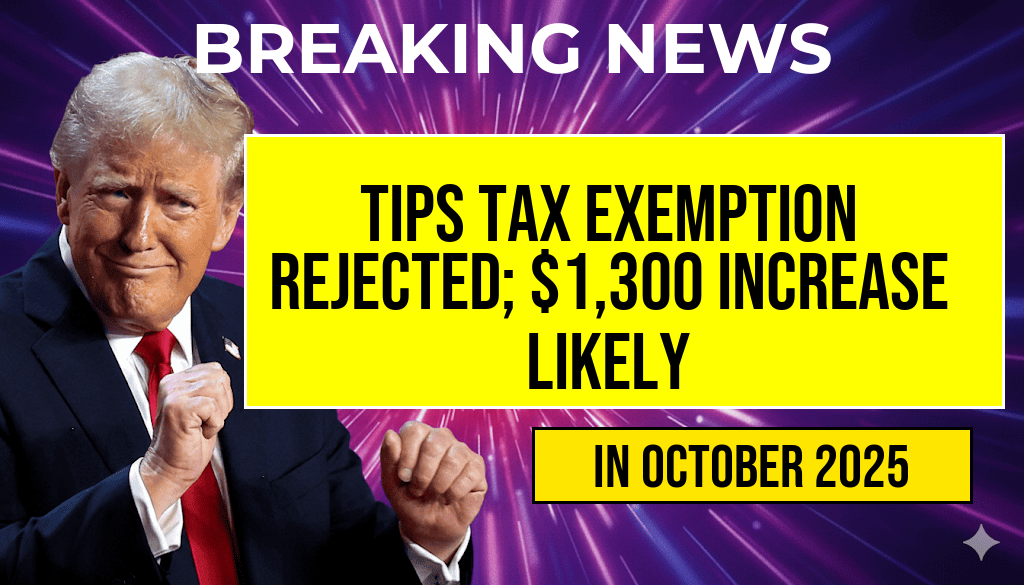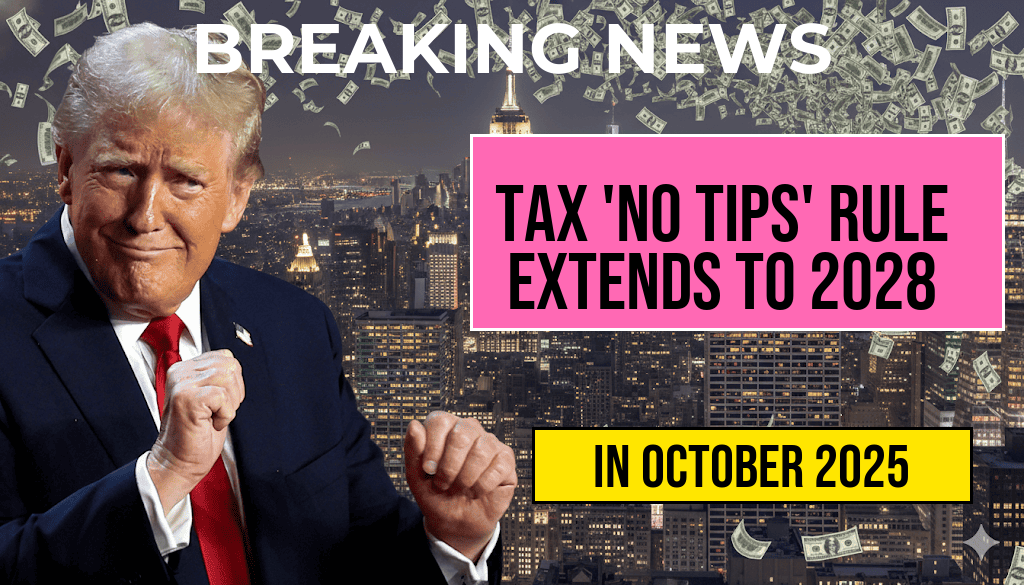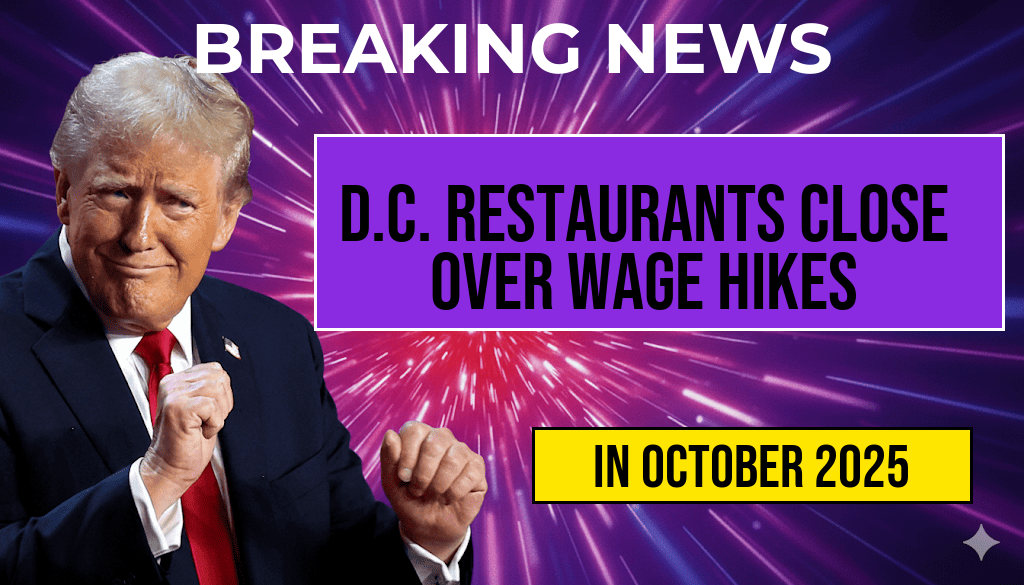Tax ‘No Tips’ Rule Extends Through 2028 with a $25,000 Annual Cap You Can’t Overlook
The IRS has announced that the longstanding “No Tips” rule, which prohibits tipping on certain employer-provided benefits, will remain in effect through 2028. Additionally, a significant cap has been set at $25,000 annually for the value of benefits subject to this rule. This extension impacts thousands of workers and employers across multiple industries, particularly those offering fringe benefits, health plans, and transportation allowances. The move aims to bring consistency to tax policies amidst evolving workplace benefits and to clarify the tax obligations linked to employer-provided perks, ensuring compliance through the upcoming years.
Background of the ‘No Tips’ Rule and Its Significance
The “No Tips” rule originates from IRS regulations that restrict employees from receiving tips on certain non-cash benefits provided by their employers. While tips are generally considered taxable income, this rule seeks to prevent workers from sidestepping tax obligations through indirect compensation mechanisms. Historically, the policy has been periodically reviewed and extended, with the latest extension announced in a notice published by the IRS in early 2024.
By maintaining the rule through 2028, the IRS aims to provide clarity for businesses and employees navigating complex benefit structures. It also aligns with ongoing efforts to modernize tax regulations in response to the increasing prevalence of non-traditional employee benefits, such as transportation stipends, health reimbursement arrangements, and wellness programs.
Implications of the $25,000 Annual Cap
| Aspect | Details |
|---|---|
| Extension Duration | Through December 31, 2028 |
| Annual Cap on Benefits | $25,000 |
| Applicable Benefits | Employer-provided fringe benefits, transportation allowances, wellness programs, and similar perks |
| Tax Treatment | Benefits exceeding the cap may be taxable; benefits under the cap are exempt from tipping rules |
This cap essentially limits the value of benefits that can be provided without triggering tax obligations related to tips. Employers offering benefits above the threshold should plan accordingly, as excess amounts could be considered taxable income for employees, impacting payroll taxes and reporting.
Industry Response and Practical Considerations
Employers in sectors like hospitality, transportation, and health services have expressed both relief and concern over the extension and cap. On one hand, the certainty allows for better planning around benefit offerings; on the other, it raises questions about how to manage benefits that approach or exceed the cap.
Experts advise companies to audit their benefit packages regularly and consult with tax professionals to ensure compliance. For employees, understanding how these rules affect the taxable status of their benefits can prevent surprises during tax season. The IRS has also provided guidance on reporting requirements for benefits that surpass the cap, emphasizing transparency and record-keeping.
Legal and Policy Context
The extension aligns with broader legislative trends aimed at simplifying tax regulations and reducing ambiguities around fringe benefits. It also responds to feedback from industry groups and tax professionals advocating for clarity amid rapidly changing workplace perks.
According to the IRS, the extension is part of a broader initiative to maintain consistency in tax rules while adapting to modern employee compensation models. The move also reflects efforts to prevent abuse of benefits that could otherwise be used to sidestep taxation.
Resources and Further Reading
As the IRS continues to refine its policies on employee benefits and taxation, staying informed about the latest regulations will remain essential for both employers and workers. The extension of the ‘No Tips’ rule through 2028 and the $25,000 cap mark a significant step in this ongoing process, shaping how benefits are managed and taxed across various sectors.
Frequently Asked Questions
What is the duration of the new tax ‘No Tips’ rule?
The tax ‘No Tips’ rule has been extended through 2028, providing ongoing guidance for employers and employees regarding tip reporting and taxation.
What is the annual cap on tips under this regulation?
The regulation imposes a $25,000 annual cap on tips that can be reported without additional tax obligations, which employees and employers should be aware of.
Who does the ‘No Tips’ rule primarily affect?
This rule primarily affects service industry employees who receive tips, as well as their employers, by establishing clear guidelines on tip reporting and taxation.
How does the cap impact tip reporting for employees?
The $25,000 cap allows employees to report tips up to this amount without facing extra tax complications, but tips exceeding this threshold may require additional reporting.
Are there any changes to the tip reporting process under this extension?
While the extension maintains existing reporting procedures, it emphasizes the importance of accurate tip reporting up to the cap and highlights the need for compliance through 2028.










